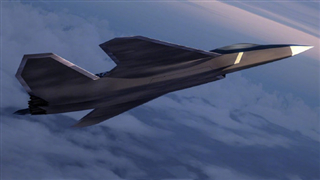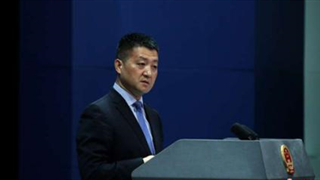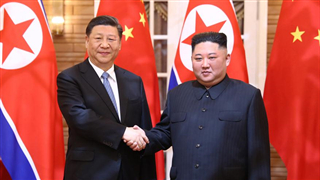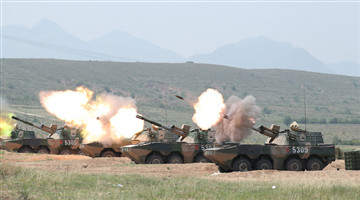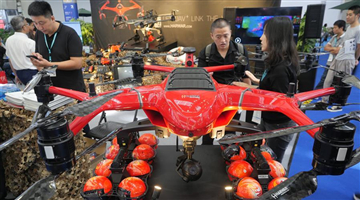By Fang Xiaozhi
Recently, The New York Times quoted several US government officials, saying that the US is escalating cyber attacks on Russia’s electric power grid and has placed potentially crippling malware inside the Russian grid system. Although the media didn’t provide any detail about the cyber attacks, combined information reveals that the placement of the malware deep within the Russian grid has “never previously been attempted,” which has tremendous aggressiveness and destruction. This indicates that the “cyber war” between the US and Russia is increasingly escalating.
As a de facto superpower in global cyberspace, the US ranks first in terms of cyber attacking capacity and cyber information acquiring capacity. It is also the first country to introduce the concept of “cyber war” and put it into practice. In recent years, the US has taken active actions to strengthen its capacities for cyber war and established a unified cyber war commanding system to avoid different departments fighting separately in cyberspace.
In 2009, the US Cyber Command was officially set up to direct cyberspace operations. It is a secondary command under the US Strategic Command. Afterwards, to further enhance the strategic position and tactical value of cyber war, the US elevated its Cyber Command to an independent first-level command, rather than a subordinate organization to the US Strategic Command, at the end of 2016, forming a three-level cyber war commanding mechanism comprised of the president, the defense secretary and the operation command.
In August 2017, the US Cyber Command was upgraded into the 10th unified command of the US Department of Defense, with a status equal to major commands such as the US Central Command. This enabled it to substantially enhance its independent combat capacity and efficiency. According to the Unified Command Plan updated at the end of 2017, the US Cyber Command would considerably simplify the commanding and operating procedures for cyber operations and obtain greater authority. In this way, the US cyber forces turned into combat units penetrating global cyberspace, and the US Cyber Command became the commanding core of cyber war as well as an integral part of joint operations after fully integrating with air and space operations.
In addition, the US has constantly expanded the scope of use of internet strategies under the pretext of preventing a so-called “Cyber Pearl Harbor” attack, and substantially simplified the procedures concerning the authorization of cyber attacks.
In May 2018, the US Congress passed a new National Defense Authorization Act , according to which the Secretary of Defense can authorize the US armed forces to conduct regular “secret military operations” in cyberspace in the event that he doesn’t get a special permit from the President. In August 2018, US President Donald Trump signed an order to delegate new power to the Cyber Command, giving it more leeway to deploy advanced cyber weapons without the need to worry obstacles from the Department of State and intelligence agencies.
In October 2018, the US officially adopted a new national cyber strategy in order to find a logical excuse for its abuse of cyber capacities. It introduced “Defense Forward” as a new concept of cyber war, stressing to constrain all kinds of possible cyber attacks with initiative defensive and offensive methods so as to lower rivals’ intention and capacity to conduct cyber attacks. If necessary, the US may launch cyber defensive and offensive operations beyond its homeland. This demonstrates the Trump administration’s “America First” doctrine and aggressive cyber strategy, and makes the US the most powerful “empire of hikers” in global cyberspace.
Generally, in order to ensure its internet security and maintain its hegemony, the US is abusing its cyber attacking capacity continuously, and infiltrate and control key information infrastructure of other countries. This not only disrupted the order of cyberspace, but also set a bad example in the world and intensified confrontation between major countries.
As we all know, building a healthy international order of cyberspace is a common aspiration of all parties. If other countries emulate the US to increasingly strengthen their capacity for cyber war, global cyberspace will definitely walk a dangerous path featuring escalated confrontation. We must keep on high alert and get ourselves well prepared for this potential consequence.
(The author is a research fellow at the Institute of Belt and Road & International Strategy, Fudan University)
